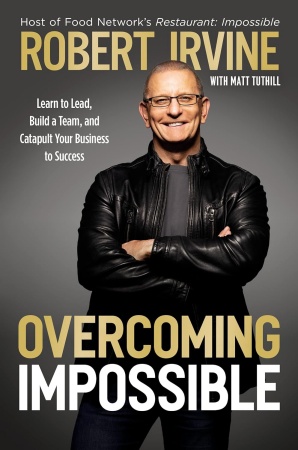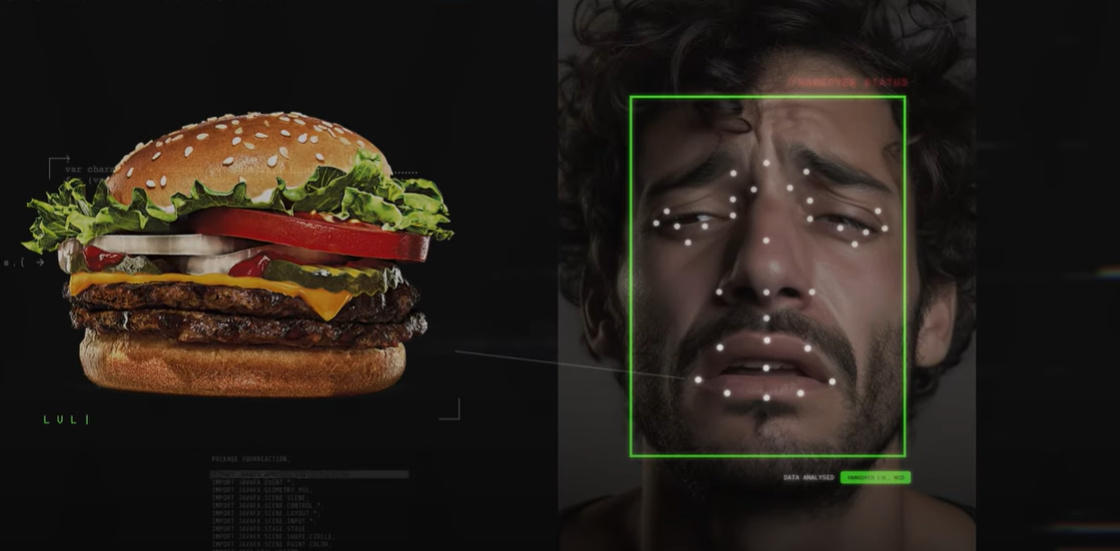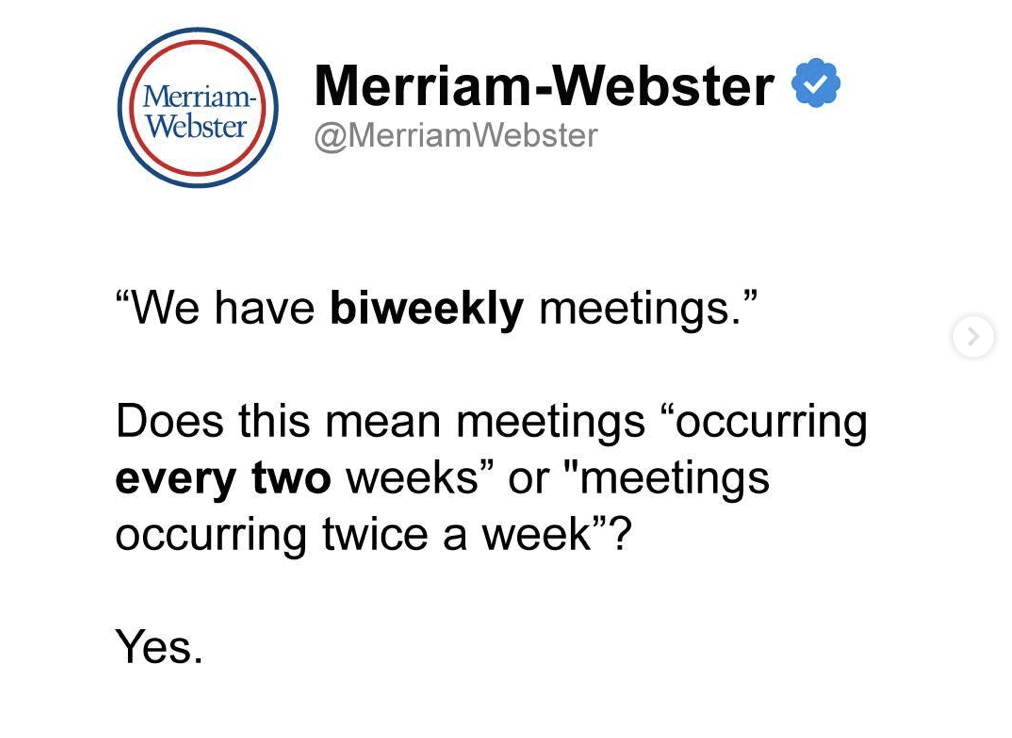Chef Robert Irvine is known to millions for Dinner: Impossible, Restaurant: Impossible, and other Food Network shows; he’s also a successful businessperson with numerous restaurants and a line of health food products found in grocery stores.
In his latest book, Overcoming Impossible: Learn to Lead, Build a Team, and Catapult Your Business to Success, Irvine has leadership lessons for entrepreneurs who can stand the heat in the kitchen.
A core principle of Overcoming Impossible is finding your passion. How can individuals pivot their existing businesses to align with what excites them?
My personal taste is my North Star. I might be able to make a competent version of what excites other people, but if it doesn’t excite me, then I don’t think it has much of a chance of being great. … If you feel strongly about it, then there are probably a lot of other people out there who will also love it, even if they don’t know it yet.
You write about business skills and mindset. What happens if you have one without the other?
Irvine: They’re fully interconnected, to the point where I don’t believe success is possible if you’ve only got one and not the other. Technical or practical know-how can only go so far without passion, vision, and belief. Conversely, passion, vision, and belief without technical or practical know-how will get you nowhere.
Or, I guess I shouldn’t say that — if you had lots of bluster but no competence, you could totally become an internet guru and talk about “rise and grind” and blah, blah, blah. Social media is littered with folks who never built a business besides offering to coach other people on how to chase their dreams. It’s a bleak landscape, but I think if people trust their guts — or just carefully look at the resumes of the folks they’re taking advice from — they can tell who’s the real deal and who’s a poser.
What strategies can you share for entrepreneurs looking to successfully scale up?
Irvine: With very few exceptions, you’re going to have to invent an entirely new process to create your product at a larger scale.
As a culinary example, I take a pancake recipe that might comfortably feed a small family. Now, if you have guests, you can double it easy enough. But by the time you’re trying to make it for a big crowd of people in a packed restaurant, everything needs to be rebuilt from the ground up. You’d not only need to upgrade from a household kitchen mixing bowl and spatula to an industrial mixer, you’d also need a totally different process for incorporating the wet and dry ingredients because if you stir it too much — a real possibility with a few pounds of flour in the mix — you can overstress the wheat gluten and turn the whole batch to rubber if you don’t do it just right…
Besides the capital required, serious energy needs to be put into R&D to create the new, efficient process that will deliver the same quality product to a larger customer base.
This interview has been edited for length. Read the full Q&A at business.com.



.png)

.png)
.jpg)
.png)

